
Lucas Papademos
From Wikipedia, the free encyclopedia
| Lucas Papademos Λουκάς Παπαδήμος |
|
| Prime Minister of Greece | |
| Incumbent | |
| Assumed office 11 November 2011 |
|
| President | Karolos Papoulias |
| Deputy | Theodoros Pangalos Evangelos Venizelos |
| Preceded by | George Papandreou |
| Vice President of the European Central Bank | |
| In office 31 May 2002 – 31 December 2010 |
|
| President | Wim Duisenberg Jean-Claude Trichet |
| Preceded by | Christian Noyer |
| Succeeded by | Vítor Constâncio |
| Governor of the Bank of Greece | |
| In office 26 October 1994 – 31 May 2002 |
|
| Deputy | Panagiotis Thomopoulos |
| Preceded by | Ioannis Boutos |
| Succeeded by | Nikolaos Garganas |
| Personal details | |
| Born | 11 October 1947 (age 64) Athens, Greece |
| Political party | Independent |
| Spouse(s) | Sana Ingram |
| Alma mater | Massachusetts Institute of Technology |
| Website | Prime Minister’s Office |
Lucas Papademos (Greek: Λουκάς Παπαδήμος, Greek pronunciation: [luˈkas papaˈðimos], Loukas Papadimos; born 11 October 1947) is aGreek economist who has been appointed as Prime Minister of Greece since 11 November 2011.
Previously, he was Governor of the Bank of Greece from 1994 to 2002 and Vice President of the European Central Bank from 2002 to 2010. He was also a visiting professor of public policy at the Kennedy School of Government at Harvard University and a Senior Fellow at the Center for Financial Studies at the University of Frankfurt.[1]
| Contents
[hide] |
[edit]Education and career
Papademos was born in Athens but his parents were from the town of Desfina in Phocis.[2] Papademos after graduating from Athens College, attended the Massachusetts Institute of Technology, gaining a degree in physics in 1970, a masters degree in electrical engineering in 1972, and a doctorate in economics, in 1978.
In 1975, he worked with Franco Modigliani on the NAIRU concept, introduced under the term NIRU (non-inflationary rate of unemployment). He taught economics at Columbia University from 1975 until 1984, and then at the University of Athens from 1988 to 1993.[3]
He has served as Senior Economist at the Federal Reserve Bank of Boston in 1980. He joined the Bank of Greece in 1985 as Chief Economist, rising to Deputy Governor in 1993 and Governor in 1994. During his time as Governor of the national bank, Papademos was involved in Greece’s transition from the drachma to the euro as its national currency.[4][5]
After leaving the Bank of Greece in 2002, Papademos became the Vice President to Wim Duisenberg (and then Jean-Claude Trichet) at theEuropean Central Bank from 2002 to 2010. In 2010 he left that position to serve as an advisor to Prime Minister George Papandreou.[4]
He has been a member of the Trilateral Commission since 1998.[6][7]
He is a member of the Academy of Athens.[3] He has published numerous articles in the fields of macroeconomic theory, the structure and functioning of financial markets, monetary analysis and policy, theory of chaos as well as on subjects concerning the economic performance, financial stability, financial instability and economic policy in the European Union.[8] He has also delivered addresses on the Greek debt crisis.[9]
[edit]Prime Minister
Papademos was proposed for the position of Prime Minister of Greece on 10 November 2011, after the head of the governing party, George Papandreou, decided to step down, and allow a provisional coalition government to form with the task of taking Greece out of the major political crisis caused by the country’s debt crisis.[10][11]
Lucas Papademos set two conditions in order to accept being the prime minister of an interim government. First, that the new government would not have a very restricted life span as the New Democracy party had demanded and secondly, that political figures from both main political parties, PASOK and New Democracy, would participate, which was also vetoed by New Democracy.[12] Eventually New Democracy accepted Papademos’ demands, and the new cabinet includes Ministers from PASOK, New Democracy and the far right Popular Orthodox Rally.
After a week of political turmoil, the new coalition cabinet and Prime Minister Lucas Papademos were formally sworn in on 11 November 2011.[13] The new government is a coalition between three of five parliamentary parties, PASOK, New Democracy and the Popular Orthodox Rally. The remaining two parliamentary parties, the Communist Party and the Coalition of the Radical Left Party, had refused Papandreou’s invitation to join talks on a new unity government.[14] It is the first time that the far right has joined a Greek government since the fall of themilitary junta in 1974.[15]
The coalition government’s main task is to allow the EU bailout to proceed and eventually to pave the way for elections, temporarily set for February 2012. Papademos, who is not an elected PM, has said his priority will be to keep Greece in the eurozone.[16]
[edit]Personal life
Papademos has been married to Shanna Ingram[17] – of Dutch descent – for more than 30 years. They have no children.[18]

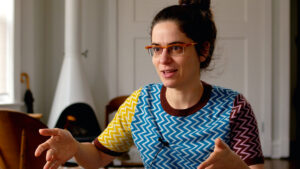
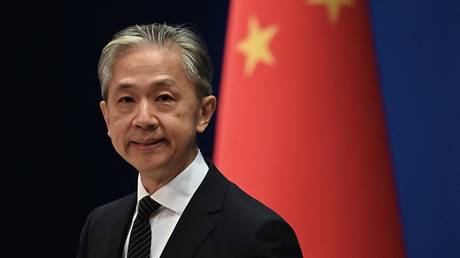
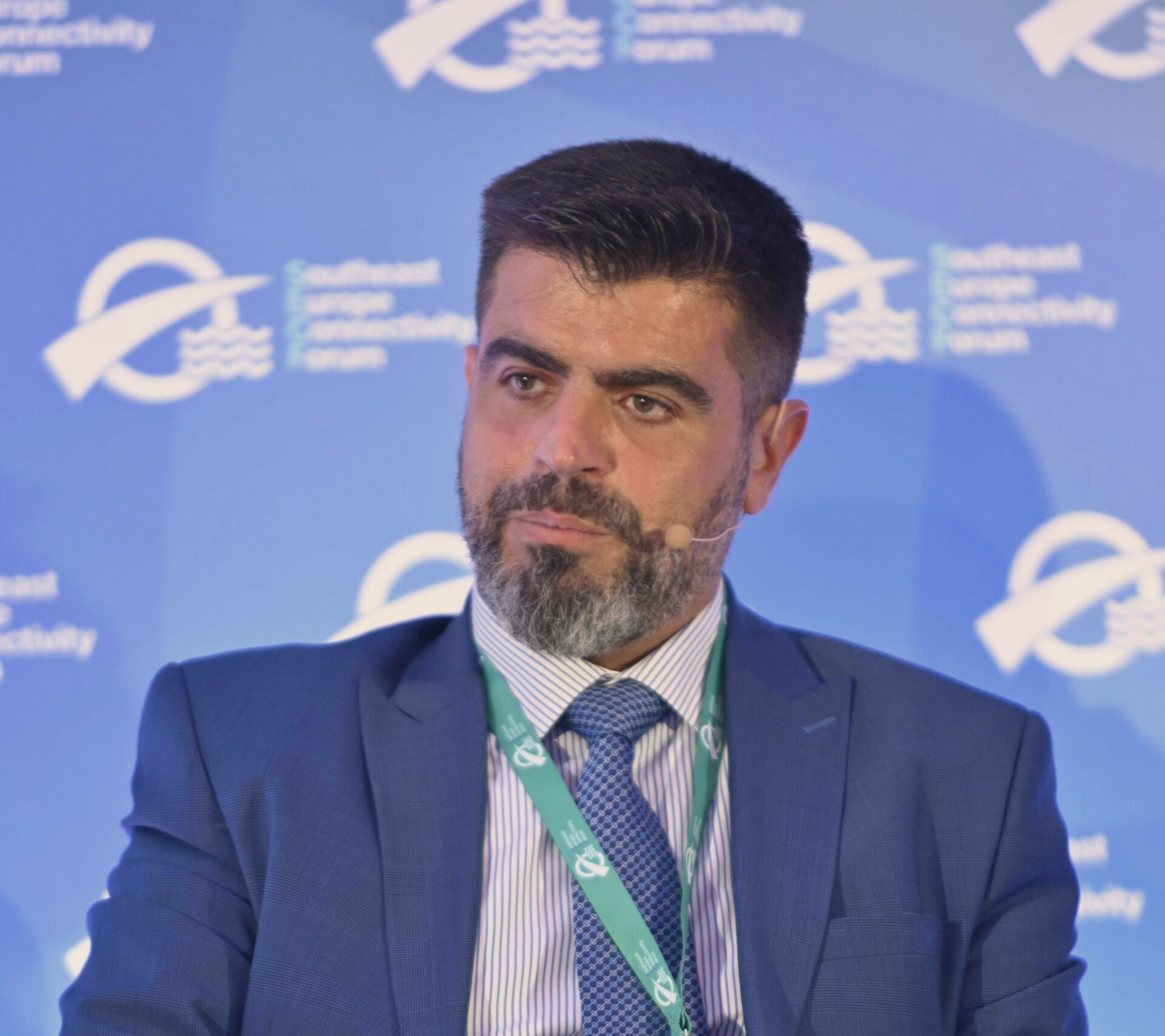

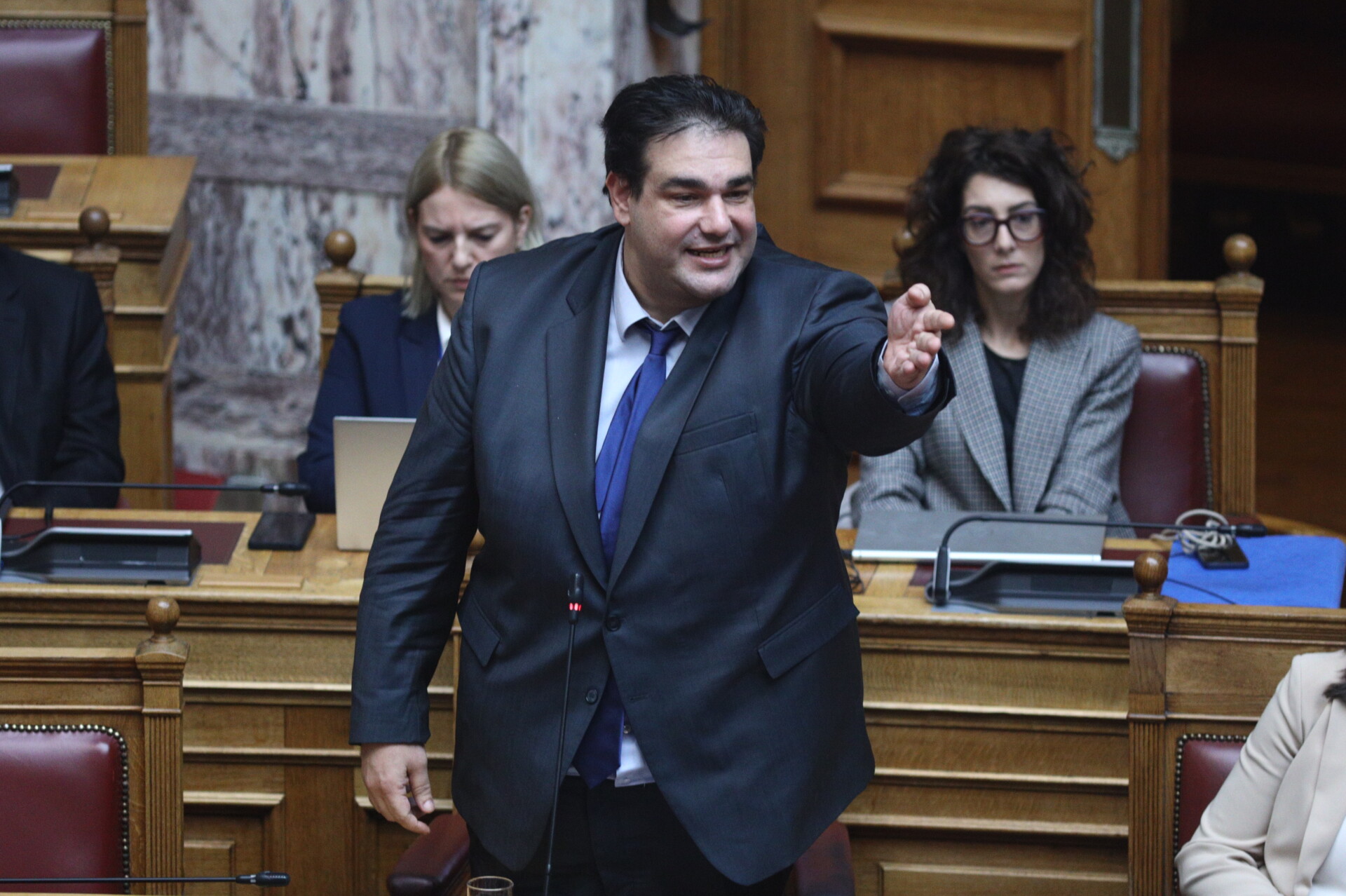
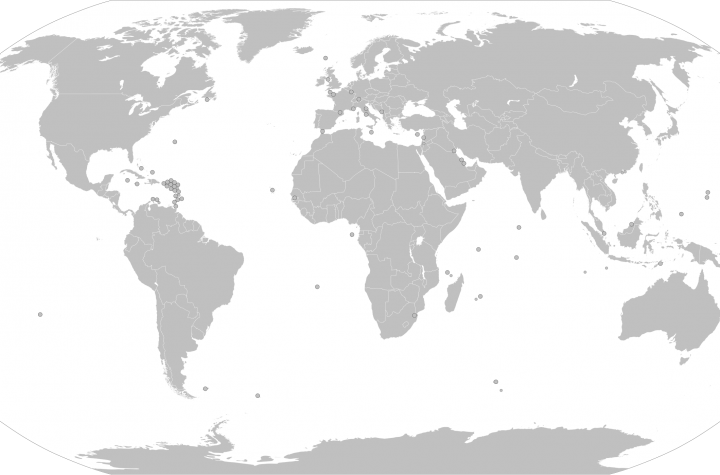


0 thoughts on “Papademos – Ex-Central Banker, Unelected Prime Minister of Greece”